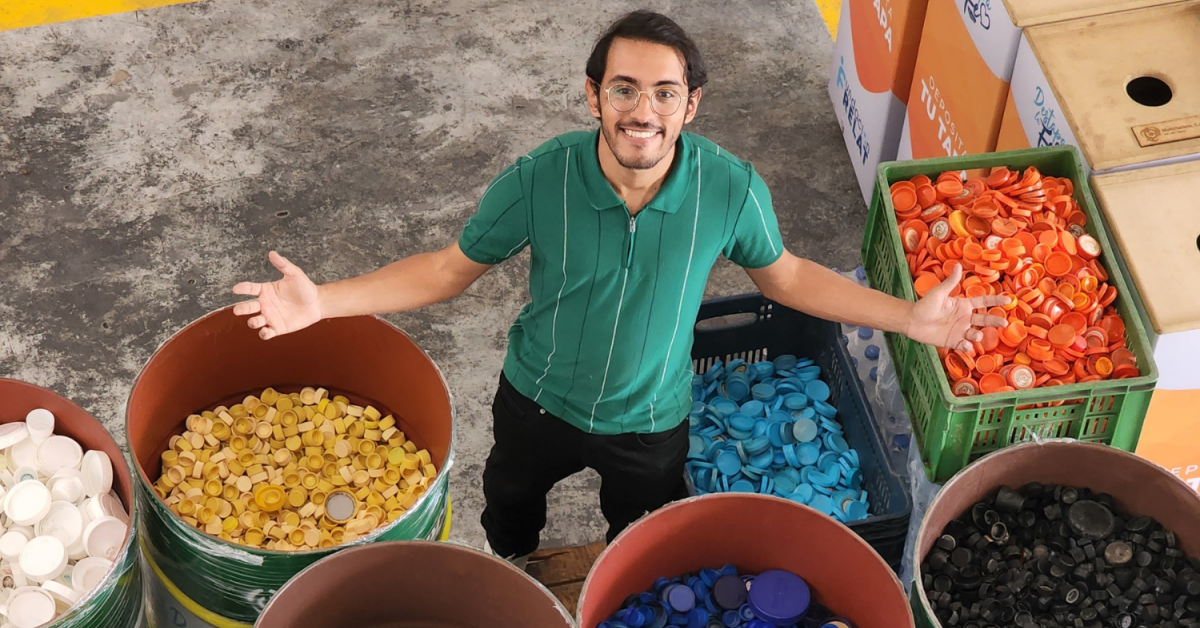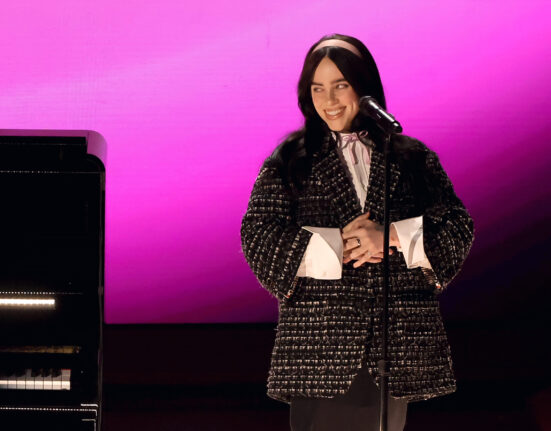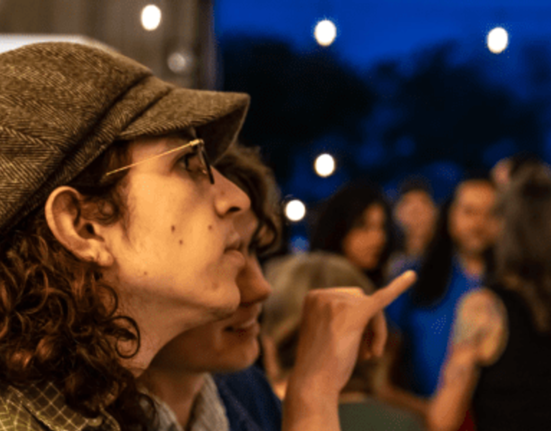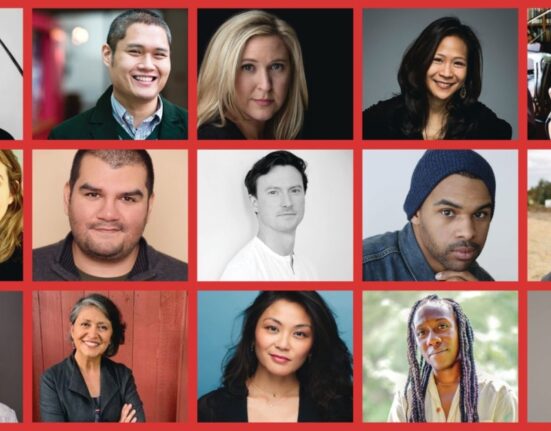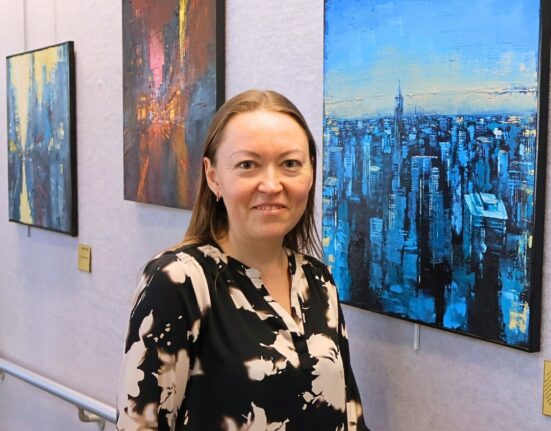Education can unlock opportunities. How do you see art education playing a role in creating opportunities for individuals and communities, and what changes do you wish to bring to art education through your initiatives?
Education has the power to create opportunities in all fields, but in the case of art, there has been a significant flaw. Traditional education focuses on teaching techniques, but the key question is: “What can you do with these techniques?” It is crucial to educate artists on how to create opportunities for themselves and their communities, for brands and companies, and, in turn, make a social and environmental impact.
Art has an under-explored ability to influence the collective unconscious, shaping the images and ideas shared by a society. Art will not change society, but it can influence it. Artists need to be aware of this potential. For decades, some artists made the mistake of saying, “Society does not pay attention to art,” but that changes as art engages with society.
We have made a difference in art education by emphasizing freedom in every assessment and practical exercise. For instance, we do not assign tasks like “Draw the five eyes in the picture.” Instead, we say, “Based on what you learned, draw the gaze of five loved ones or people you admire.” This fosters creativity and idea generation. We provide positive feedback and motivation, showcasing examples of professional success through our instructors.
Our curriculum covers diverse ways to earn a living through art, how galleries and exhibition spaces operate, and all aspects of managing an artist’s career. We also introduce topics like the impact of Artificial Intelligence on the art profession, Virtual Reality, NFTs, Digital Art, and more, preparing you to adapt to new technologies.
The future of art lies in the hands of a new generation of artists who are conscious of these elements.

